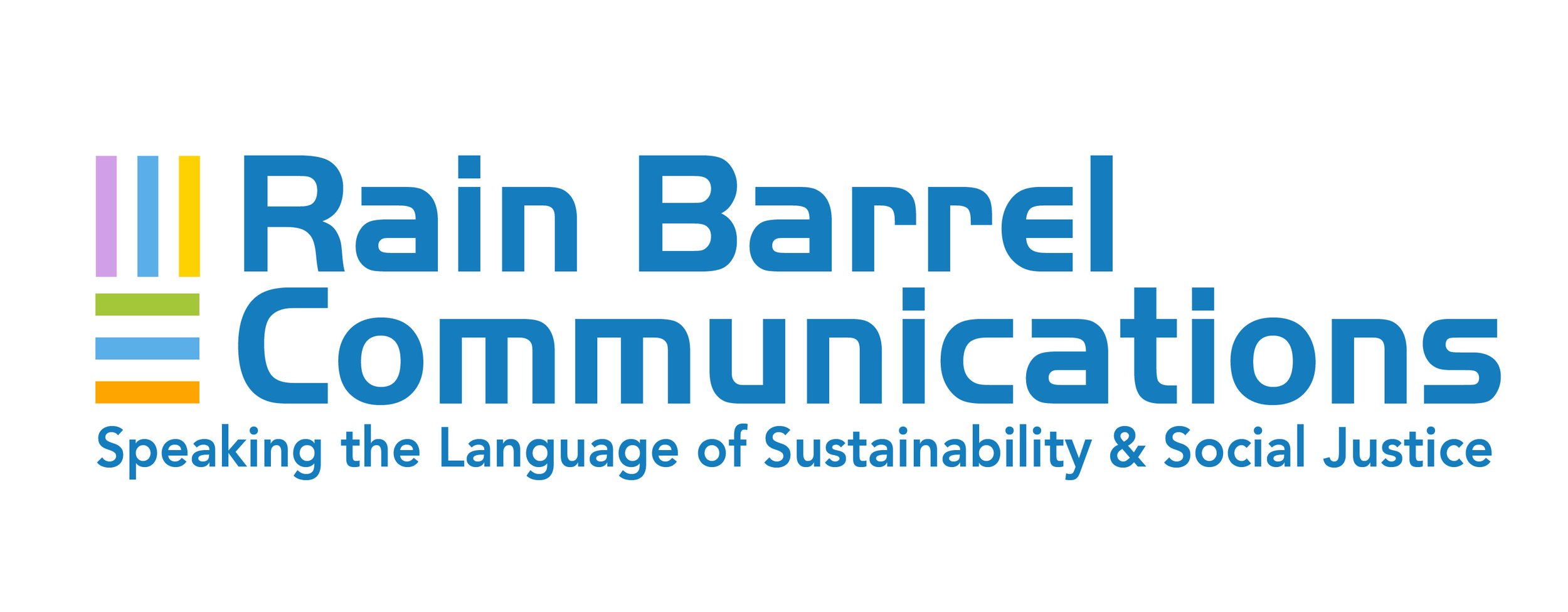Launch of Participatory Research Toolkit
We are very pleased and proud to provide open access to this online Participatory Research Toolkit authored by two of our Associates – Suruchi Sood and Carmen Cronin – as well as by Kelli Kostizak. Launched in the context of Rain Barrel Communications’ 10th anniversary, it gathers in one place a wide variety of research tools developed over a 20-year period and used in multiple social and behavior change communication projects around the world. Examples are provided from Bangladesh, Cambodia, Ethiopia, India, Indonesia, Jamaica, Mozambique, Nepal, Rwanda, and Sierra Leon. All of the tools presented have been tried and tested in the field. A majority of them have been used with adolescents, but they have also been used by children, women, men, key influentials and, indeed, whole communities.
The toolkit features 28 tools which can be adapted to a wide variety of research questions. Each entry contains a description of the tool, examples of how the tool has been used in the past, and instructions for how it can be used. The tools serve a variety of functions. They can be used to conduct participatory situation assessments, monitor the extent to which interventions are being implemented according to plan or to measure effectiveness, i.e., changes in behavioral and social outcomes.
The strength of these tools lies in the fact that they are empowering for individuals, organizations and communities engaged in transforming their own lives and social realities. They can be integrated directly into individual and social change communication programming, providing participants the ability and skills to create and analyze data. Many of the tools are specifically designed to build teamwork and to make research an enjoyable exercise. Additionally, these tools can be used to examine societal and cultural factors which are difficult to understand and decipher using traditional methods. They allow both participants and researchers to see the world in a different light.
Feel free to use this toolkit as you see fit. We only request that you acknowledge this publication in your work and share with us any adaptations you make. Our hope is that it turns into a living document which the wider community of researchers and practitioners can share and expand.
Over time, we are hoping to pull together a companion guide on employing these tools as part of larger communication efforts and on how to analyze the data generated by their use. Rain Barrel and the authors would welcome the opportunity to train relevant audiences on the use of these participatory research tools.
Special gratitude and recognition is due to lead author Suruchi Sood, PhD, Associate Professor at Drexel University, for her leadership in the field of social and behavior change communication.
